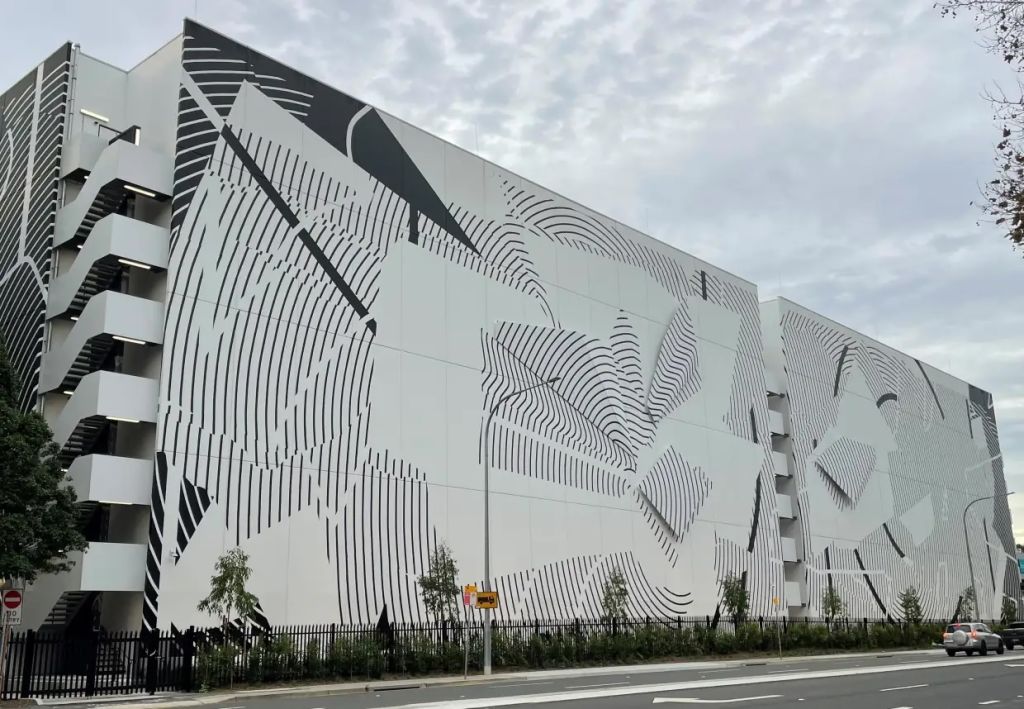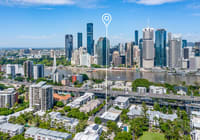
‘Private AI’ surge powers Equinix’s $240m data centre expansion
The rise in “private AI” is driving the next surge in data centre growth, including most recently by giant US operator Equinix, which has launched a $240 million expansion of its major Sydney and Melbourne facilities.
So-called private AI is a rapidly emerging area within the broader AI revolution and involves individual firms looking to apply AI techniques on data sets controlled by that organisation. It contrasts with the mainstream generative AI applications such as ChatGPT.
Equinix is tapping demand for private AI, adding a total of 4175 cabinets to two of its facilities, SY5 in Sydney’s Alexandria and ME2 at Fishermans Bend in Melbourne.
“Since private AI is emerging as the preferred model of adoption, access to high-performance digital infrastructure is essential,” said Guy Danskine, managing director of Equinix Australia.
“This provides organisations with low-latency connectivity to multiple cloud providers, as well as private infrastructure enabling them to leverage best-of-breed AI models while maintaining localisation and control of their data.”
The turn towards AI models, including private AI, comes in addition to existing drivers for data centre demand, including cloud computing and increasing consumption of streaming services and social media.
In a report last month on this country’s data centre sector, Morgan Stanley analysts noted Australia was already a top five global hub, and forecast substantial growth from 1050 megawatts now to 2500 megawatts by 2030.
The largest hurdle to AI’s progression at a pace to match the growing demand is likely going to be access to power/computing cost, the analysts reported.
“The global AI sector is racing to build new foundation models and plug-in to existing models,” they wrote.
“This will be associated with the emergence and rapid scale-up of new AIcompanies. It will also change what’s possible for existing companies with the prospect of a significant productivity uplift.
“There is much uncertainty about how the next generation of foundation AI models will play out, but a significant impact on Australia’seconomy and industry is certain. It’s already happening.”
But growth in data centre demand – further charged by the surge in AI use – has also raised questions both in Australia globally on whether local power grids can handle the increased demand.
Morgan Stanley analysts estimated data centre demand rising from 5 per cent of total national electricity generation now to 8 per cent in 2030.
“We see the power requirement for new Australian data centres as manageable for the Australian power system to 2030, but power could become a constraint in the 2030s given planned coal plant closures, which highlights Australia power policy debate,” they wrote.
That increased demand for power is spurring a wave of innovation by data centre operators, with some pushing strongly into the renewables market as a result.
As an example of that, in February Equinix struck an offtake deal with the operator of the $3 billion Golden Plains Wind Farm in Victoria – the country’s largest wind farm to date – to ensure all its Australian portfolio’s power requirements are fully offset by renewable energy.











